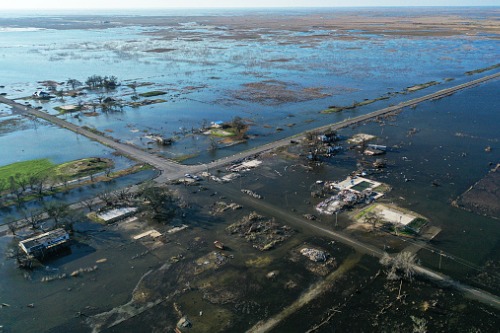

Measures to mitigate flood damage can make a big difference when it comes to reducing insurance costs, a new study by Sedgwick has found.
Sedgwick’s study, funded by Flood Re, was conducted in collaboration with the University of the West of England. It surveyed 702 home insurance claims from two insurers between the years 2013 and 2019 to discover insights affecting cost and duration of flood damage claims.
“The study is an important step to examine the effectiveness of resilience measures in reducing flood risk over the long term,” said Sedgwick national technical manager Ian Gibbs.
The report found that more than three quarters of the claims in the sample (78%) were reported due to flood depths lower than 500mm, and that 66% of the claims had flood durations of less than 24 hours.
One of the critical findings of the report was that damage caused by “deep and prolonged” flooding can cost up to nine times more than the average flood claim, and it takes longer to repair compared to shallow, shorter-duration flooding. Floods above 300mm were six times more expensive to repair than damage caused by flooding below 300mm. Claims duration for floods deeper than 300mm also doubled, Sedgwick found, and drying times increased by a third.
Sedgwick also revealed in its study that river flooding cost three times as much as surface water flooding claims, since they are typically characterised by higher depth and longer duration. The study also noted that claims for floods lasting over 24 hours took an extra 100 days to process on average.
In concluding its report, Sedgwick recommended that installing the right combination of flood resilience measures at reinstatement “will have a direct impact on the cost and duration when settling future claims.” A combination of both recoverable and resistant measures for homes could prevent the high costs of future floods, the report said, while reducing claim time.
“Our data showed that most homes were reinstated without specific mention of resilience. I think this is partly because there is a common misconception that resilience measures will not be economically worthwhile,” commented Gibbs.
“However, we find in practice, where properties are flood resilient, there is a really significant reduction in claims spend and time out of the property.”
